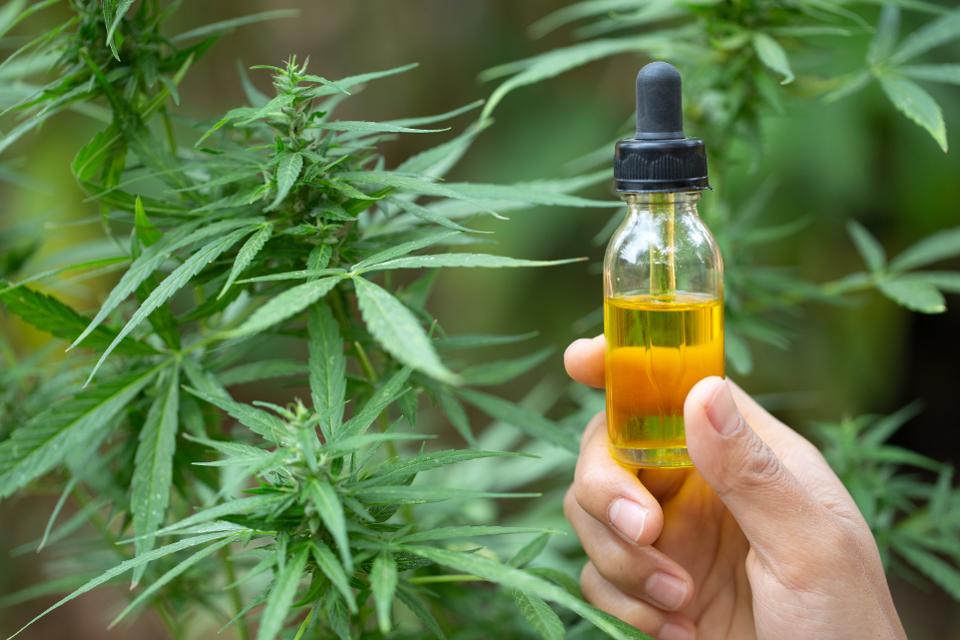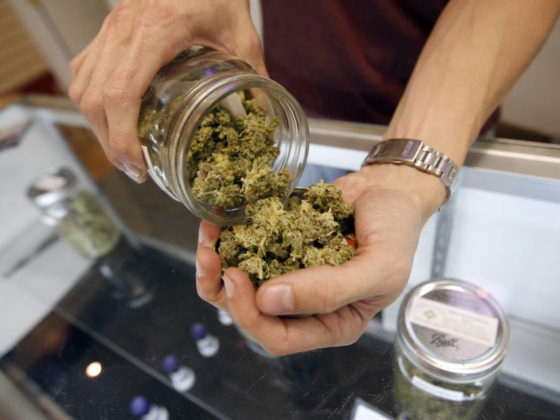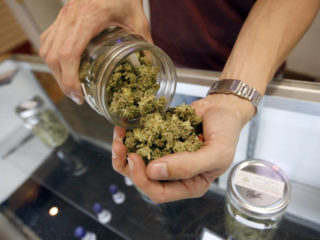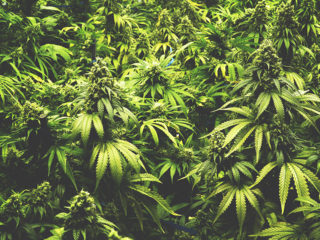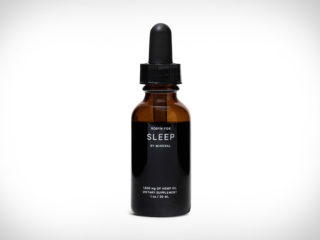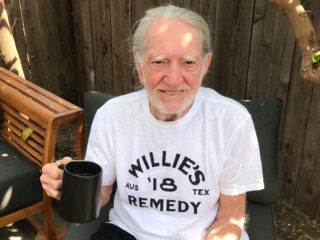From skincare and beauty products to food, drinks, and yes, even lube, CBD is turning up everywhere these days. Cannabis shops, national chain drug stores, fashion boutiques, and now local corner shops are all starting to carry the newly claimed cannabis cure-all, and while there’s plenty of truth and science to the many benefits of CBD and cannabis, a major issue has been brewing—more than half the products being sold as such are either mislabeled or dangerously misleading, prompting many in the industry as well as government to begin calling them out.
Last week, 24 attorneys generals from states like Maryland, Virgina, and D.C. sent a letter to the Food and Drug Administration asking them to “explore manufacturing, testing, and marketing best practices so that consumers are not at risk of misleading advertising or harm to their health from dangerous additives or undisclosed risks of use” with CBD products. Spearheaded by D.C. Attorney General Karl Racine, the letter requested that the FDA immediately begin working closely with states to craft and implement proper regulation of CBD.
Unlike typical cannabis that contains the psychoactive ingredient of THC, CBD, or cannabidiol, offers many of the same benefits—relief of stress and anxiety, physical pain and soreness, etc.—without the high. While technically legal throughout the country, CBD had fallen into somewhat of a gray area, with many states and cities allowing it while others prohibiting it from being sold in various products and establishments. However, the newly updated Federal Farm Bill of 2018 has seemingly changed that, clearing the way for hemp CBD to legally be grown and sold across the country. The result? A flood of over-the-counter CBD products hitting the market without any proper safeguards or standards regulating them, making it extremely difficult for consumers to know exactly what it is they’re putting into their bodies.
As the agency’s website clearly states, “Unlike drug products approved by the FDA, unapproved CBD drug products have not been subject to FDA review as part of the drug approval process, and there has been no FDA evaluation regarding whether they are safe and effective to treat a particular disease, what the proper dosage is, how they could interact with other drugs or foods, or whether they have dangerous side effects or other safety concerns.”
Added Benjamin Wiseman, the director of consumer protection within Racine’s office, “We appreciate that these cannabis-derived products may offer some benefits to many consumers, but there’s a lot of outstanding questions about whether they are being manufactured in a safe and responsible way.”
For Wiseman and the other participating attorney generals, the key issue is making sure consumers are fully aware of what it is they’re actually buying. “Our primary concern is making sure that consumers are safe, that they are well-informed, that they know what they are putting into their bodies, and that there is a little more assurance about the products as they hit the market,” he says.
Of course many dispensaries, labs, and other CBD manufacturers and sellers all claim to have various testing and regulations in place, but while many of these companies have certainly built a trusted reputation, there’s still no central agency or governing body ensuring they stay true to their word. Whether that will change through industry or government remains to be seen.

